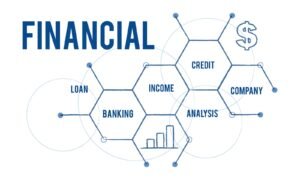Category: ESG Consulting
TAKE ACTION NOW
Schedule a Free Consultation!
We are dedicated to creating a positive impact on the environment, society, businesses, and sectors. By choosing us, you are not just investing in your business but also contributing to a more sustainable and resilient future for all.






